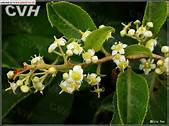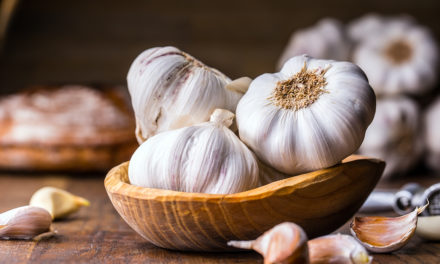Research appearing in the Annals of Internal Medicine (2009; 151(4): 229-40) compared the Chinese herb, Tripterygium wilfordii Hook F (TwHF) (known as lei gong teng or thunder god vine) to the drug sulfasalazine. Because drugs for rheumatoid arthritis have side-effects and do not always offer complete relief, researchers are on the lookout for safe alternatives.
In traditional Chinese medicine, extracts of the roots of the medicinal vine Tripterygium wilfordii Hook F (TwHF) (known as lei gong teng or thunder god vine) have shown promise in treating inflammatory conditions. It is a vine-like plant indigenous to large regions in southern China. The results of small studies suggest that TwHF may have some benefit in inflammatory conditions. The Chinese have used crude preparations and extracts of TwHF as medicinal herbs for more than 2000 years. Although much of the clinical experience with this herb comes from uncontrolled studies and anecdotal reports, recent clinical trials have confirmed that TWH is effective in the treatment of rheumatoid arthritis and other autoimmune diseases.
The subjects of this study were 121 patients with active rheumatoid arthritis. They were randomly assigned to receive either an extract of TwHF root (60mg – 3x/day) or sulfasalazine (1g – 2x/day). After 24 weeks more of the patients receiving the herb had more joint improvement than those receiving the drug.





